Israeli malaria-fighting startup ZzappMalaria has been busy since it won the prestigious IBM Watson AI XPRIZE Competition in June, for its groundbreaking mobile app that utilizes AI to locate malaria hotspots. The company’s operations have taken it across sub-Saharan Africa, where its technology has been implemented and tested in pilots across Ghana, Tanzania, Zanzibar, and Ethiopia, with local partners such as municipalities, foundations, workplaces such as gold mines, and NGOs. Zzappa has also embarked on an ambitious project to eliminate malaria from the African island country of São Tomé and Príncipe within just two years.
Last week, the Tel Aviv-based startup has signed a deal with Israeli autonomous drone solutions platform Airobotics for a $300,000 pilot project that will have the pilotless drone provider supply ZzappMalaria with a system that will help it locate stagnant water where mosquitos are likely to congregate across sub-Saharan Africa.
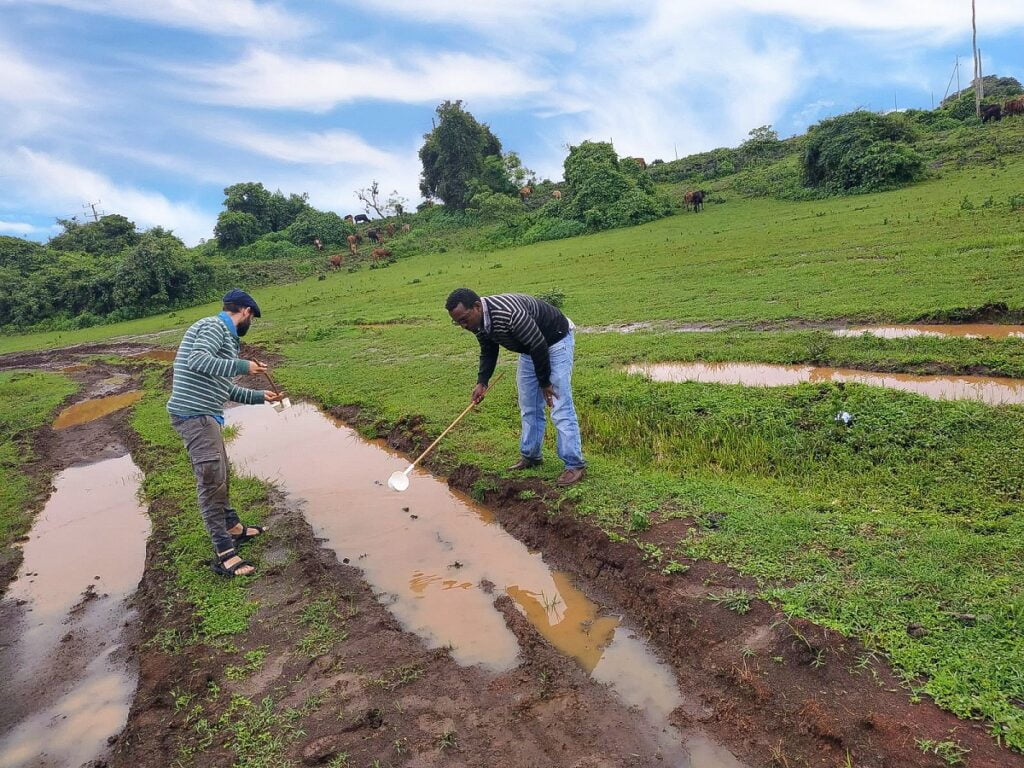
Airobotics and ZzappMalaria “share the belief in harnessing advanced technology to solve real-world problems. Our system is based on cutting-end artificial intelligence that must operate even in unadvanced smartphones, with low battery consumption and in areas with limited internet connectivity,” Arnon Houri-Yafin, ZzappMalaria co-founder and CEO, tells NoCamels.
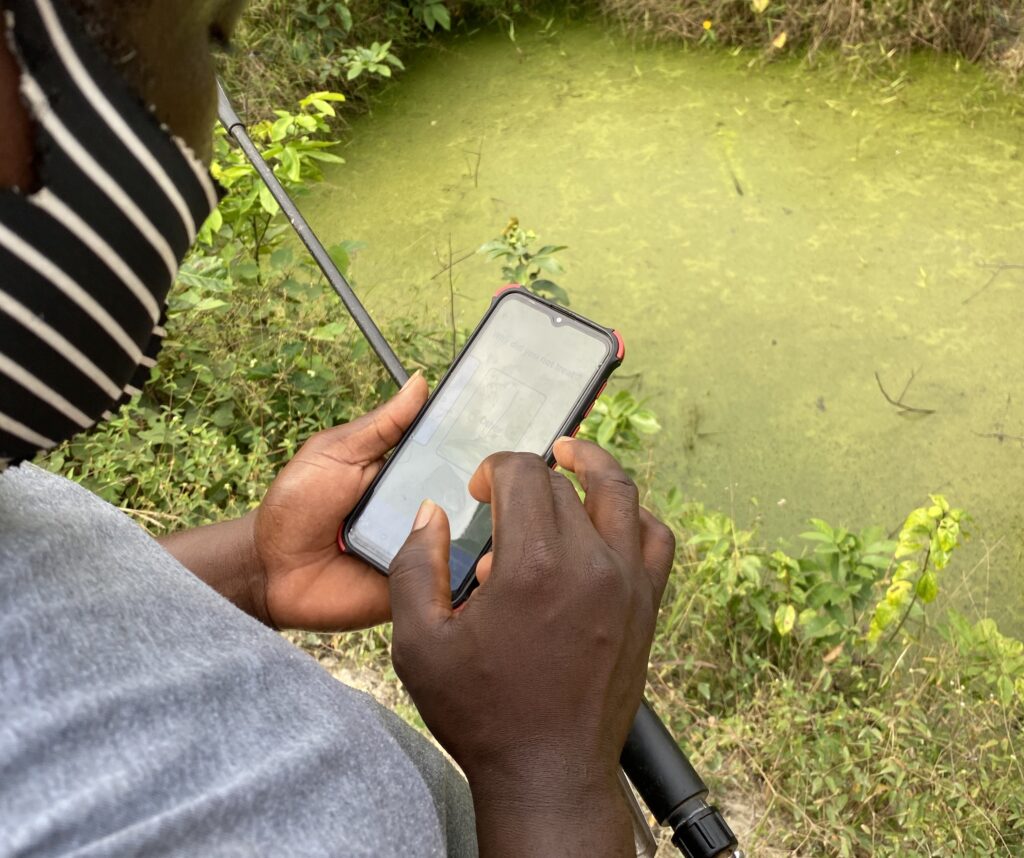
“Understanding that we need to integrate drones in our operations, and that Airobotics is one of the world’s leading developers of automated drones, made it an easy choice,” he adds.
Zzapp’s system analyzes satellite imagery and data on climate and topography to predict locations of mosquito hotspots breeding sites. Airobotics CEO Meir Kliner tells NoCamels that Airobotics will provide Zzapp with a system that includes a drone, a docking station, and different sensors. The drone system will generate geospatial data that will be transferred automatically via internet or local network to Zzapp’s platform for AI analytics.
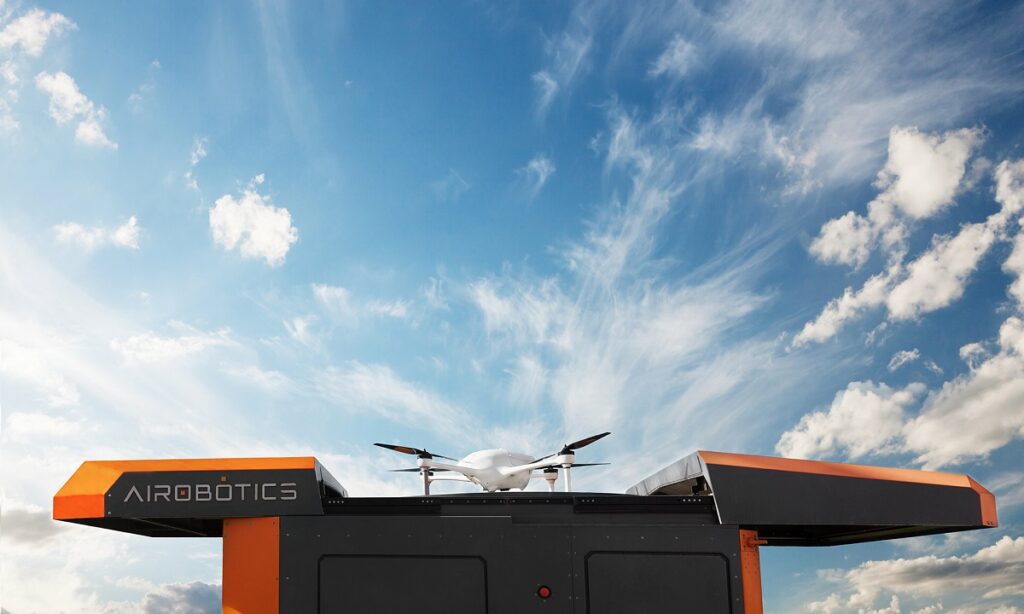
The Airobotics system can provide aerial data such as maps and LiDAR scans, Kliner explains. In addition, it can also contribute video and thermal imaging for complete area awareness. It also includes smart docking with a robotic arm to swap sensors and batteries. The system’s docking station also functions as a shelter and can protect the drone against extreme weather conditions.
“In essence, it brings a full data capturing ecosystem to support the malaria operations in the field,” he says.
As part of their system, the Airobotics team will deploy their Model OPTIMUS 1-EX unmanned aircraft (UA) system which includes communication links and components that control the autonomous system. The UA has a takeoff weight of 23 pounds and is battery-powered using electric motors for vertical takeoff, landing, and forward flight. The UA has a maximum operating altitude of 400 feet above ground level, a maximum cruise speed of 27 knots, which is beyond the visual line of sight of the pilot and operations over human beings.
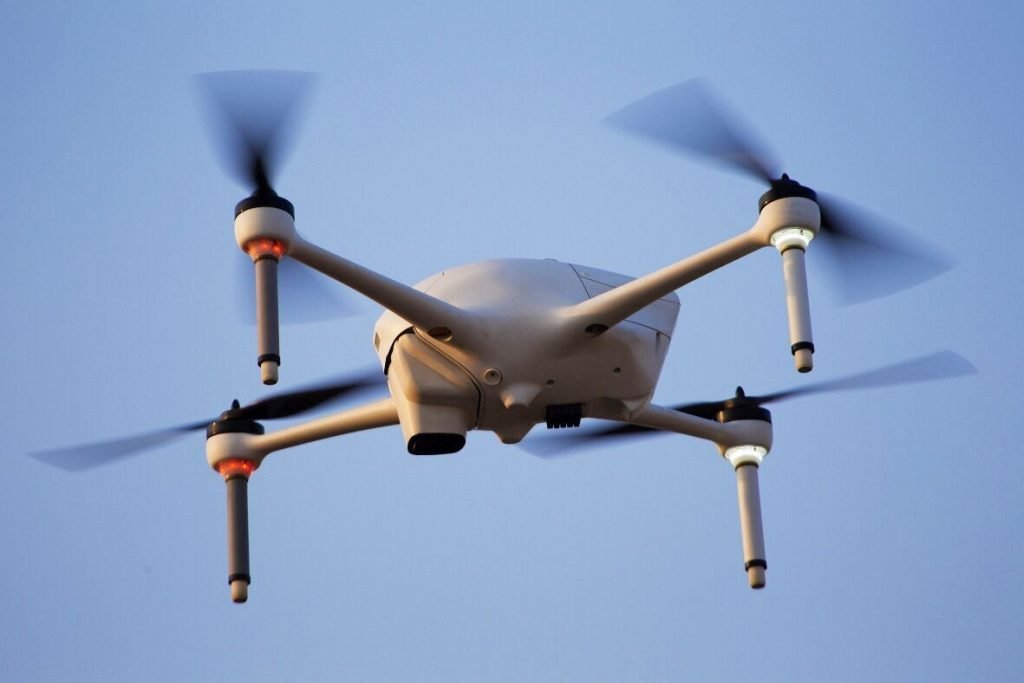
“Airobotics’ drones are able to collect high-quality and accurate data while operating in the difficult conditions of Africa’s tropical weather. The drones have video cameras and thermal and laser sensors that help detect water bodies that fieldworkers might miss,” adds Houri-Yafin, “In addition, Airobotics’ system is fully automated which circumvents the need to train operators, ensure the seamless flow of data and instructions from the drones to our system and enables an easy scaling up.”
Sign up for our free weekly newsletter
SubscribeWhile there is no specific date for the start of this project, Houri-Yafin says that upon successful completion both teams aim to scale up countrywide operations across the continent.
Working together
Founded in 2014 by Meir Kliner and Ran Krauss and listed in the Tel Aviv Stock Exchange (TASE) this year, Airobotics helps companies, governments, and public safety entities worldwide leverage high-frequency drone data and insights by providing critical intelligence and drone-based solutions for inspection, security, threat detection, and emergency response.
“The collaboration with Zzapp is a new life-saving domain and a new line of business in our public safety portfolio,” says Kliner, “We heard about Zzapp from people familiar with both companies and we could see the synergy immediately. We believe that our core technology will enhance Zzapp’s application, adding an automated data capturing device to feed into it, to input fresh and accurate data.”
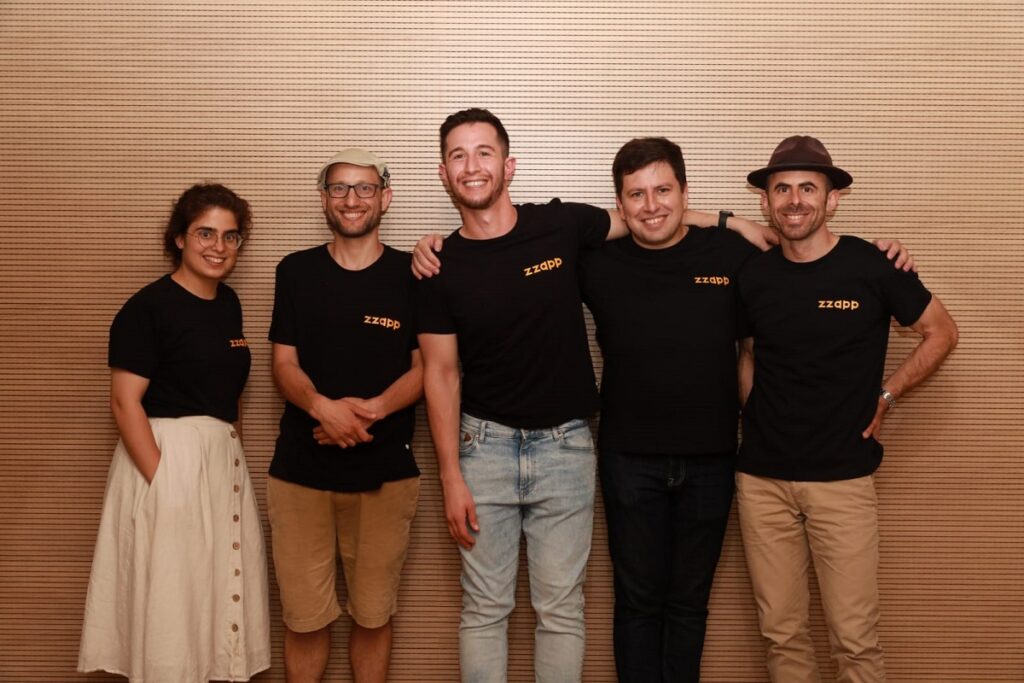
The companies plan to work together for the next five years to build a mutual solution and potentially scale up the project to help more countries. ZzappMalaria plans to automate the breeding ground disruption process itself by using Airobotics drones to spray mosquito breeding grounds. Airobotics CEO Kliner says the special spraying tools will be “mounted on our drone.”
Malaria is a preventable disease spread by the Anopheles mosquito. According to the World Health Organization (WHO), there are over 220 million cases of malaria every year, causing over 400,000 deaths – 67 percent of which are children under five. Nearly half of the world’s population is at risk of malaria, with the WHO African region accounting for almost 95 percent of world cases and deaths.
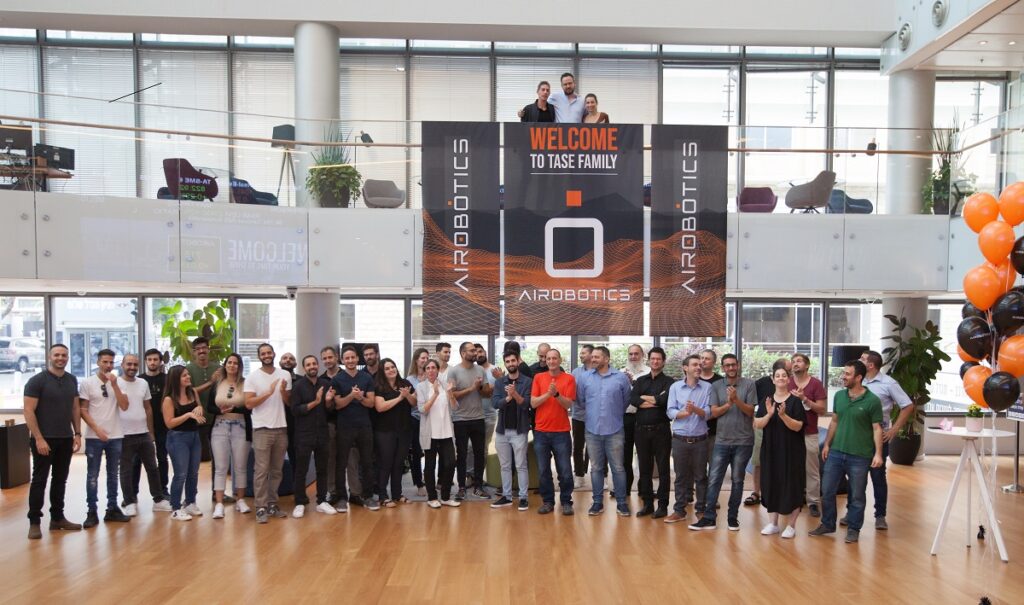
The two largest bodies alone (the Global Fund and US government funding) spend close to $2.5 billion annually on malaria control.
Currently, we are running an operation in the island country of São Tomé and Príncipe with the aim of eliminating malaria in two years. Success there will serve as a proof-of-concept for nationwide elimination operation, paving the road to operations on the continent. In the following five years we expect to sign contracts with around 7 countries with a total area of approximately 1 million km² which amounts to an annual market of $50M for drone activity.
Related posts

Editors’ & Readers’ Choice: 10 Favorite NoCamels Articles

Forward Facing: What Does The Future Hold For Israeli High-Tech?

Impact Innovation: Israeli Startups That Could Shape Our Future


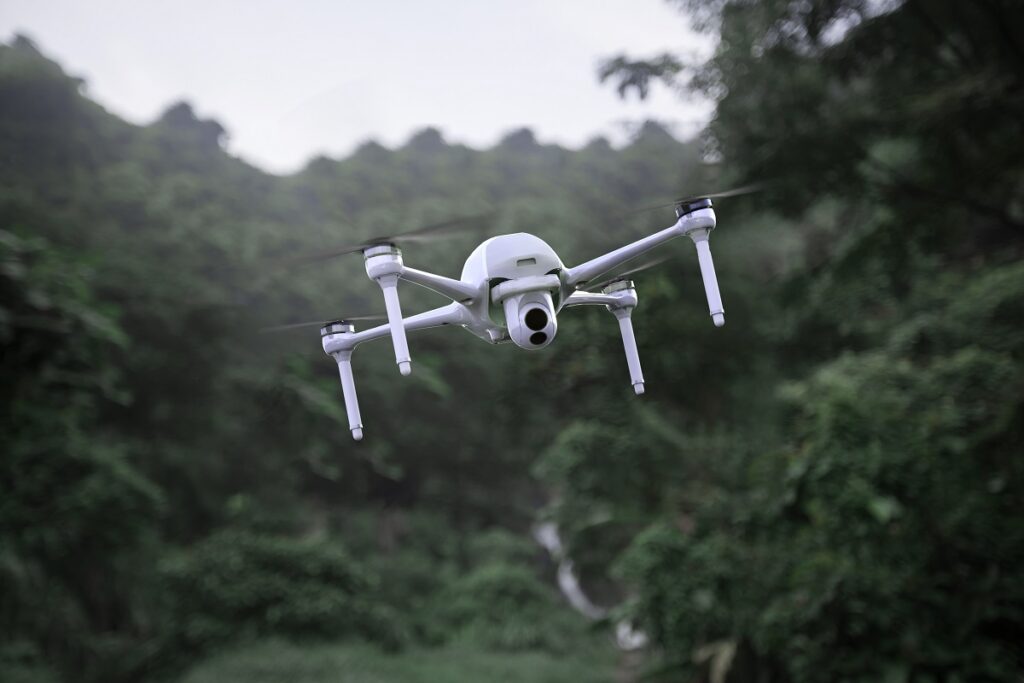

Facebook comments